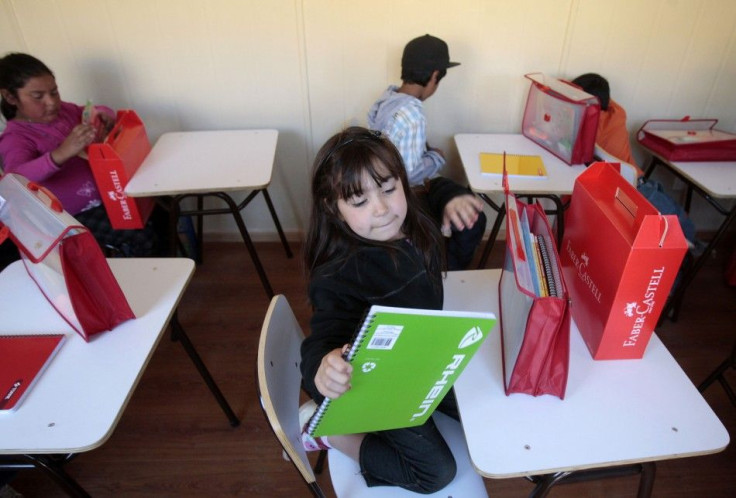American students in big cities lag in science performance

Results from a national test of science proficiency released on Thursday have shown that fourth and eighth graders in 17 participating urban districts across the nation typically score worse than the national average.
The 2009 National Assessment of Educational Progress (NAEP) report, also called the nation's report card, for the Trial Urban District Assessment (TUDA) in science, showed that 44 percent of fourth grade students studying in school districts in cities with a population of 250,000 or more could not meet the standards for basic science proficiency; for the entire nation as a whole, the proportion of such students was 29%.
In the eighth grade too, 56 percent of big city public school students could not meet the basic standard, compared to 38 percent nationally.
The test, administered among 900-2200 students in each grade in 17 school districts from all over the country, tested the students' understanding of physical science, life science and earth and space sciences.
Speaking on the occasion of release of the report, Alan Friedman, a member of the National Assessment Governing Board, said, The results are shouting at us: Whatever we are doing in science education in these big city public schools, it isn't working for the vast majority of our students.
In an earlier January report released by NAEP - the 2009 Science Assessment of Educational Progress in 4th, 8th and 12th grades - it was seen that only around 30% of students in these grades - 34 percent of fourth-graders, 30 percent of eighth-graders, and 21 percent of twelfth-graders -- were performing at or above the proficiency level in science. The current district-wise report accentuates this weakness for urban American students in particular.
The results are likely to bring a renewed emphasis on upgrading the quality of school education, especially given the growing realization that Americans are lagging behind in the race with their global counterparts, particularly in the STEM areas, which are considered critical to ensure the competitiveness of the nation in the global marketplace. However, for many school districts struggling under crippling budget cuts, the challenge will not be an easy one.
© Copyright IBTimes 2024. All rights reserved.





















